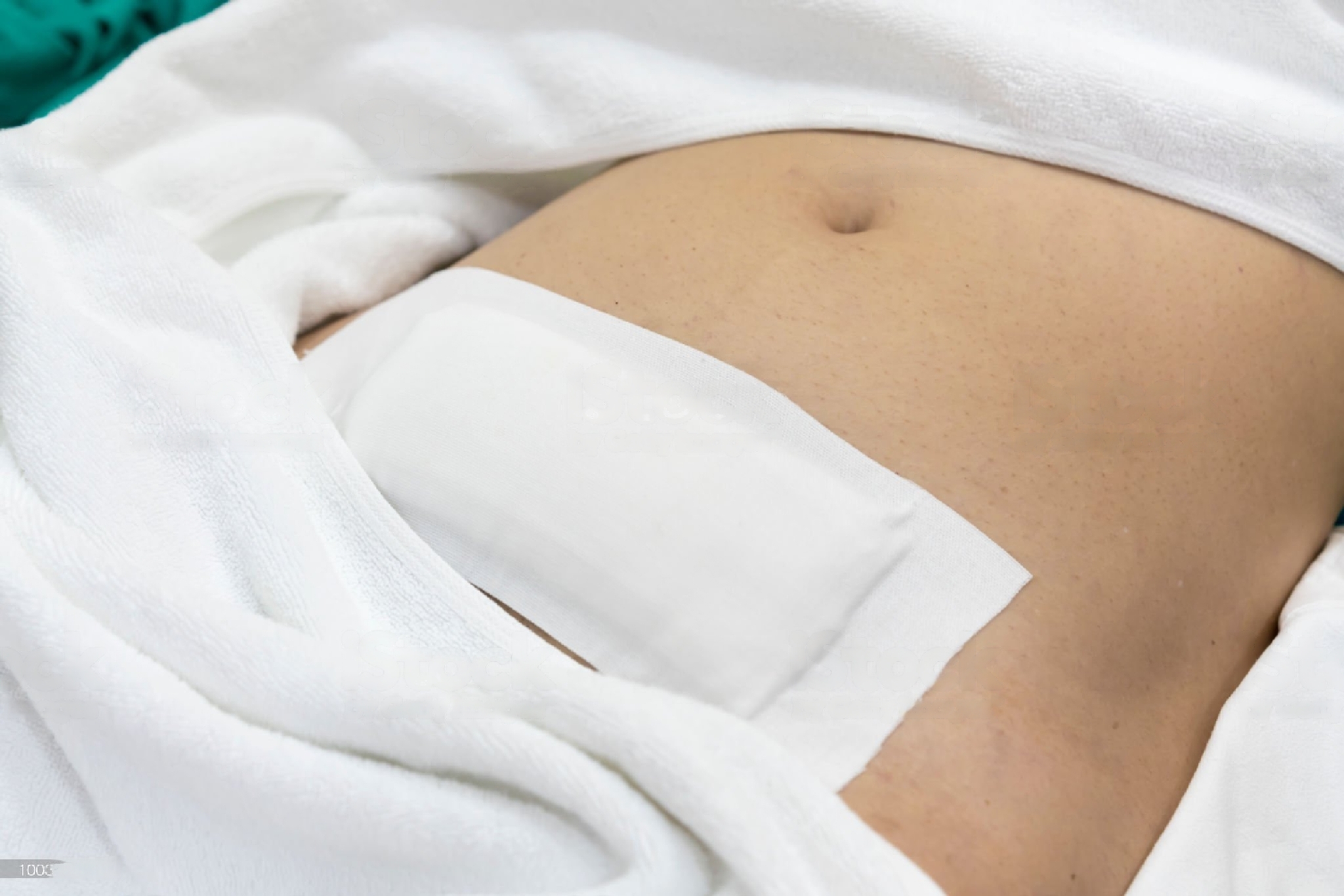
Colorectal surgeries are a group of professional surgical procedures involving the rectum, anus, and colon. Colectomy, hemorrhoidectomy, strictureplasty, polypectomy, and anoplasty are all examples of colorectal surgeries, and they can all be performed to help improve the quality of life of people aged 20 and over. While the procedures involved are complex, the goal of colorectal surgeries is to provide relief from bothersome symptoms and to prevent complications related to the digestive system.
- Varicosities or swelling
- Hemorrhoids
- Anal fissures
- Fistulas
- Severe constipation
- Fecal incontinence
- Rectal prolapse
- Imperforate anus
- Crohn’s disease
- Colorectal cancer
- Displaced rectal area
- Anal cancer
- Injuries to anus
The content listed above is a collection of conditions that can affect the rectal area for adults aged 20 and older. These conditions include varicosities or swelling, hemorrhoids, anal fissures, fistulas, severe constipation, fecal incontinence, rectal prolapse, imperforate anus, Crohn’s disease, colorectal cancer, displaced rectal area, anal cancer, and injuries to the anus.
If you are aged 20 or older and are experiencing any of the conditions listed above, it is important to seek professional medical help. Ignoring symptoms or delaying medical treatment can lead to long-term health complications and should be avoided. With professional diagnosis and treatment, you can experience relief from your symptoms and improved quality of life.
Anorectal Diseases
Anorectal diseases refer to a range of medical conditions that affect the anus and rectum. These
conditions can cause pain, discomfort, and other symptoms, and can be caused by a variety of
factors, including infection, inflammation, trauma, and underlying medical conditions.
Some common anorectal diseases include:
1. Hemorrhoids: These are swollen veins in the rectum or anus that can cause pain, itching, and bleeding.
2. Anal fissures: These are small tears in the skin around the anus that can cause pain and bleeding.
3. Anal abscesses and fistulas: These are infections that occur in the anal area and can cause
pain, swelling, and drainage.
4. Rectal prolapse: This is a condition in which the rectum protrudes from the anus and can cause discomfort and difficulty with bowel movements.
5. Inflammatory bowel disease (IBD): This is a group of chronic conditions that cause
inflammation in the digestive tract, including the rectum and anus. These conditions include ulcerative colitis and Crohn & disease.
Treatment for anorectal diseases will depend on the specific condition and its severity. Some treatments may include lifestyle changes, medication, or surgery. It is important to seek medical
attention if you are experiencing symptoms of anorectal disease, as some conditions can worsen
without treatment and may lead to complications.
Anti-reflux Surgery
GERD (Gastroesophageal reflux disease) is a chronic digestive disorder that
occurs when stomach acid or bile flows back into the esophagus, causing irritation,
inflammation, and discomfort.
Symptoms of GERD may include heartburn, regurgitation, chest pain, difficulty
swallowing, and a chronic cough. These symptoms can significantly affect a person's
quality of life and may lead to complications if left untreated.
Treatment for GERD typically involves lifestyle modifications, such as avoiding
trigger foods, losing weight, and quitting smoking, as well as medication to reduce
stomach acid production or improve digestion. In severe cases, surgery may be
necessary to repair or strengthen the lower esophageal sphincter, which is the
muscle that normally prevents stomach acid from flowing back into the esophagus.
Surgery for GERD is usually reserved for cases where other treatments have not
been effective, or if there are complications that require surgical intervention. The
most common type of surgery for GERD is called fundoplication, which involves
wrapping the upper part of the stomach around the lower esophageal sphincter to
strengthen it and prevent acid from flowing back into the esophagus.
Fundoplication can be done through open surgery or laparoscopically (minimally
invasive). Laparoscopic fundoplication is less invasive and has a shorter recovery
time compared to open surgery.